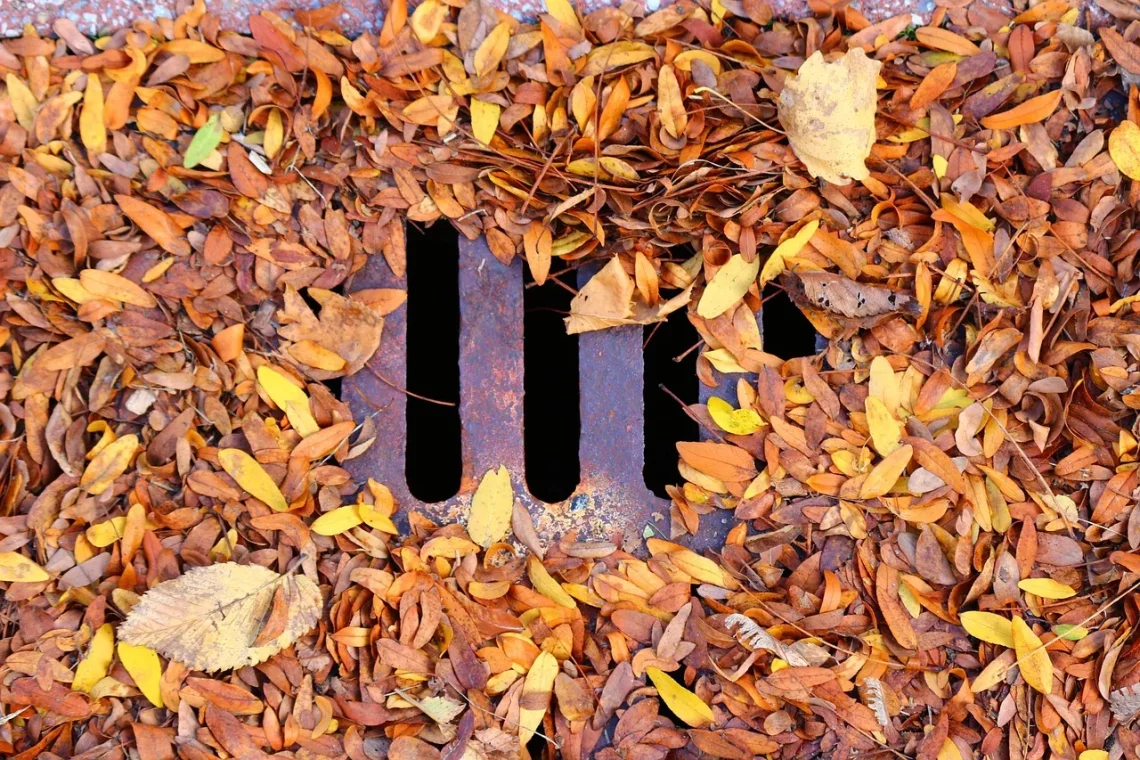
How to Eliminate Bad Smells from Your Sink Drain Effectively
A sink drain is an essential component of any household plumbing system, enabling the proper disposal of wastewater. However, over time, drains can accumulate organic matter, grease, and various debris, which may lead to unpleasant odors. These smells can be bothersome, affecting the comfort of your living space and potentially indicating a deeper plumbing issue. Addressing bad smells from your sink drain is not only a matter of hygiene but also an essential part of maintaining your home.
While many homeowners may reach for commercial cleaners in hopes of eliminating these odors, there are more natural and effective methods available. Understanding the causes of these unpleasant smells and how to tackle them can help you maintain a fresh and inviting kitchen or bathroom environment. By employing simple yet effective techniques, you can ensure that your sink drain remains odor-free, contributing to the overall cleanliness and comfort of your home.
In this article, we will explore various methods to effectively eliminate bad smells from your sink drain. From natural remedies to preventive measures, we will provide you with the knowledge you need to keep your drains fresh and functional.
Understanding the Causes of Drain Odors
Before diving into solutions, it is crucial to understand what causes those unpleasant smells emanating from your sink drain. Drain odors typically arise from a combination of food particles, soap residue, grease, and bacteria. When food scraps are washed down the sink, they can become trapped in the pipes, leading to decomposition and the subsequent release of foul odors.
Additionally, grease can build up over time, creating a sticky residue that further traps debris. This accumulation can occur in kitchen sinks, where cooking oils and fats are often washed away. In bathroom sinks, hair and personal care products can contribute to unpleasant smells as they cling to the insides of the pipes.
Another common source of drain odors is the presence of bacteria. When organic matter decomposes, it creates an environment where bacteria thrive, emitting strong odors in the process. A poorly maintained drain can become a breeding ground for these odor-causing microorganisms.
To effectively combat these smells, it is essential to identify the root cause of the problem. Regular maintenance, proper disposal of waste, and the use of natural cleaning solutions can go a long way in keeping your drains fresh. Understanding the sources of odors allows you to take proactive measures to prevent them from developing in the first place.
Natural Solutions for Odor Elimination
When it comes to addressing bad smells in your sink drain, natural solutions can be both effective and eco-friendly. One of the most common methods involves the use of baking soda and vinegar, a powerful combination that can break down buildup and neutralize odors.
To use this method, start by pouring a cup of baking soda down the drain, followed by a cup of white vinegar. The combination will create a fizzing reaction that helps to dislodge debris and eliminate odors. Allow the mixture to work for about 15-30 minutes, then flush the drain with hot water to clear away any remaining residue.
Another effective natural remedy is lemon juice. The acidity of lemon juice acts as a natural disinfectant, effectively cutting through grease and eliminating bad smells. Simply squeeze the juice of one lemon down the drain, followed by hot water. This method not only combats odors but also leaves a fresh citrus scent behind.
Additionally, you can use salt as an abrasive cleaner. Pour half a cup of salt down the drain, followed by hot water. The salt helps to scrub away buildup while the heat from the water aids in breaking down grease. This method is particularly effective for kitchen sinks that may have a higher accumulation of food particles and grease.
Lastly, consider using essential oils for a pleasant aroma. A few drops of essential oils, such as tea tree or lavender, can be added to the drain after cleaning. These oils not only provide a fresh scent but also possess antibacterial properties, helping to prevent future odors.
Preventive Maintenance Tips
Prevention is always better than cure, especially when it comes to maintaining a fresh-smelling sink drain. Implementing regular cleaning and maintenance routines can significantly reduce the likelihood of unpleasant odors developing in the first place.
One of the simplest preventive measures is to flush your drains regularly with hot water. This practice helps keep grease and debris moving through the pipes, preventing buildup. Aim to do this weekly, especially in kitchens where grease is often washed down.
Another effective method is to install a drain strainer. This simple device can catch food particles and debris before they enter the drain, significantly reducing the chances of odor-causing buildup. Make it a habit to empty and clean the strainer regularly to maintain its effectiveness.
In addition, be mindful of what you put down the drain. Avoid disposing of oils, fats, and large food particles, as these can lead to clogs and odors. Instead, consider composting food scraps or using a garbage disposal unit to minimize waste entering your plumbing system.
Lastly, consider scheduling regular professional plumbing inspections. A plumber can identify potential issues that may lead to odors, such as blockages or deteriorating pipes. Early detection and maintenance can save you time, money, and unpleasant smells later on.
Dealing with Persistent Odors
If you’ve tried various methods and still find yourself dealing with persistent odors from your sink drain, it may be time to consider more extensive solutions. Sometimes, the issue may stem from deeper within your plumbing system, requiring professional intervention.
One possibility is that there are clogs further down the drain line that are not accessible through regular cleaning methods. In such cases, a professional plumber can use specialized equipment to locate and remove the obstruction, restoring proper flow and eliminating odors.
Additionally, check the P-trap, a U-shaped pipe located beneath the sink. This component holds water to create a seal that prevents sewer gases from entering your home. If the P-trap is dry or malfunctioning, it can lead to unpleasant odors. Ensure it is properly filled with water, and if it appears damaged, consider replacing it.
In some cases, you may also need to address issues related to venting. Plumbing systems require proper ventilation to function effectively. If the vents are blocked or improperly installed, it can lead to odor issues. A qualified plumber can assess and rectify any venting problems.
Finally, if your plumbing system is older or has not been maintained, it may be time for an overall inspection and potential upgrades. Replacing old pipes or fixtures can vastly improve the efficiency and odor control of your plumbing system.
In conclusion, while bad smells from your sink drain can be a nuisance, understanding their causes and employing effective solutions can help you maintain a fresh and clean environment in your home. Regular maintenance, natural remedies, and professional intervention when necessary can ensure that your drains remain odor-free.
**Disclaimer: This article is for informational purposes only and should not be considered medical advice. Always consult a healthcare professional for medical concerns.**




